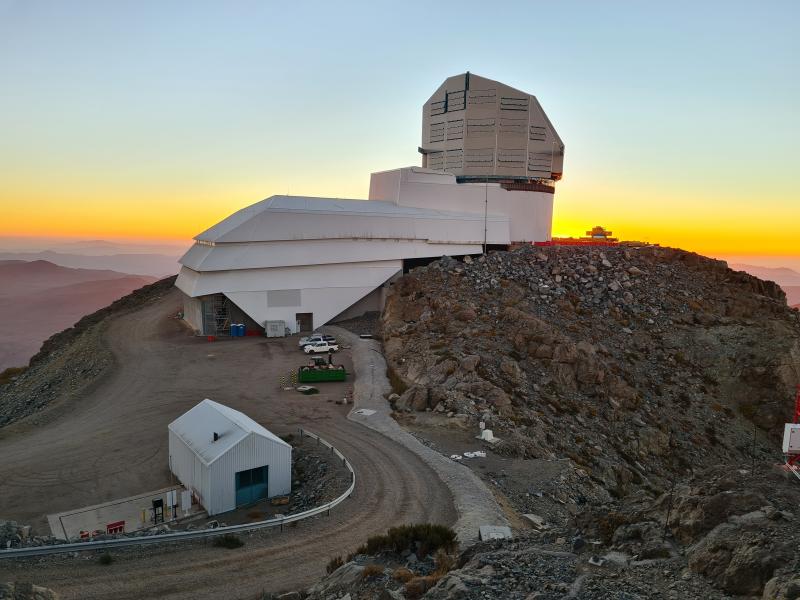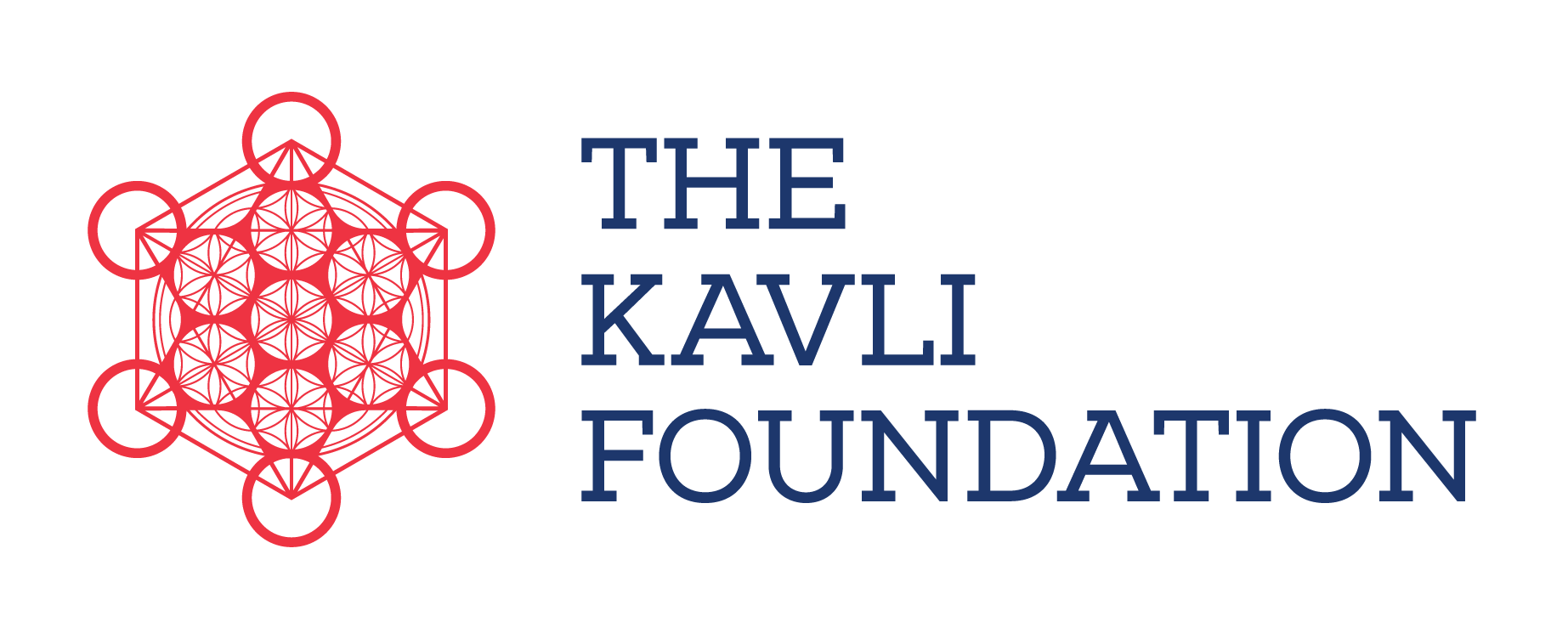August 20, 2021
Kavli Institute for the Physics and Mathematics of the Universe (Kavli IPMU)

Just as an enormous influx of big data is poised to transform the field of astronomy and astrophysics, a new fellowship program is poised to revolutionize the field itself.
The LSST Corporation, a non-profit consortium of approximately 30 research institutions, including the Kavli Institute for the Physics and Mathematics of the Universe (Kavli IPMU), has received $7 million to establish the LSSTC Catalyst Fellowship Funded by the John Templeton Foundation, which will support early-career researchers in astrophysics and in social sciences as they study big data generated from the soon-to-be-completed Vera Rubin Observatory in Chile.
The fellowship program will fund 10 new astrophysics fellows and several social science fellows, selected from institutions around the globe. One fellow from each cohort will be stationed at a historically underserved institution. Adding to the program’s uniqueness, it also will include structured mentoring by teams of astrophysicists and social scientists as well as leadership training for all fellows.
Over the course of a decade, researchers at the Vera Rubin Observatory will create the first-ever deep, multicolor movie showing the southern sky as it changes over time. The project will generate dozens of terabytes of data per night, potentially holding answers to the universe’s most elusive secrets, including the nature of dark matter and dark energy, the origin of the periodic table of elements and whether life exists beyond Earth. The observatory is expected to be fully operational in 2023.
Processing an unprecedented amount of astrophysical information presents an extraordinary challenge. Crunching the data from this sky survey could create new difficulties in data management, computing, and mathematics.
“LSST data will be so expansive that there is a need to have highly motivated postdoctoral fellows working with mentors and collaborating across research topics,” said Pat Eliason, executive director of LSST Corporation. “This new program is not just timely, it will have a major impact on LSST science.”
Researchers from the Kavli IPMU have had firsthand experience with processing enormous amounts of data taken from the Hyper Suprime-Cam (HSC) on the Subaru Telescope. The institute will become one of the organizations to instruct future fellows.
By supporting social science fellows alongside astrophysicists, the fellowship aims to catalyze formal study of the many social questions that will arise when large, multi-national groups of scientists work together to collect and analyze large amounts (and new forms) of data.
“By supporting this cross-disciplinary fellowship, the foundation hopes to enable critical research, but also catalyze an exchange between astrophysicists and social scientists to understand and capitalize on this transformational moment in the astrophysics community,” said Dr. Aamir Ali, program officer in mathematical and physical sciences at the John Templeton Foundation, and an astrophysicist by training.
Like their astrophysics counterparts, the social science fellows will be selected via a rigorous application process and will propose to conduct original research on the scientific work done at Vera Rubin Observatory, focusing on studying the social dynamics of the observatory from the unique vantage point afforded them by this fellowship.
Kavli IPMU Principal Investigator Masahiro Takada is a board member of the LSST Corporation.
"The LSST is an exciting international collaboration which will give us not only an opportunity for researchers around the world to study dark matter and dark energy, but it's also expected to be able to make a breakthrough in time-domain or multi-messenger astronomy studies, including follow-up observations of gravitational wave events. Personally, I'm looking forward to doing synergetic studies of LSST science with the Prime Focus Spectrograph, the successor project to the HSC survey, which the Kavli IPMU is leading. I look forward to inviting a diverse range of researchers to Kavli IPMU and working with them through the LSSTC Catalyst Fellowship program. I also want to make use of this LSSTC opportunity to work with science and technology studies researchers at our institute, including Professor Hiromi Yokoyama and her colleagues, in hope that we can push forward research into social science and science communication,” said Takada.
For more details about the LSST Corporation, visit their website here.
About the John Templeton Foundation
Founded in 1987, the John Templeton Foundation supports research and dialogue on the deepest and most perplexing questions facing humankind. Headquartered outside Philadelphia, and with an endowment of $3.8 billion and annual giving of approximately $140 million, the Foundation ranks among the 25 largest grantmaking foundations in the United States.
https://www.templeton.org
Related Links
Announcing: The LSSTC Catalyst Fellowship Funded by the John Templeton Foundation
PFS project page






